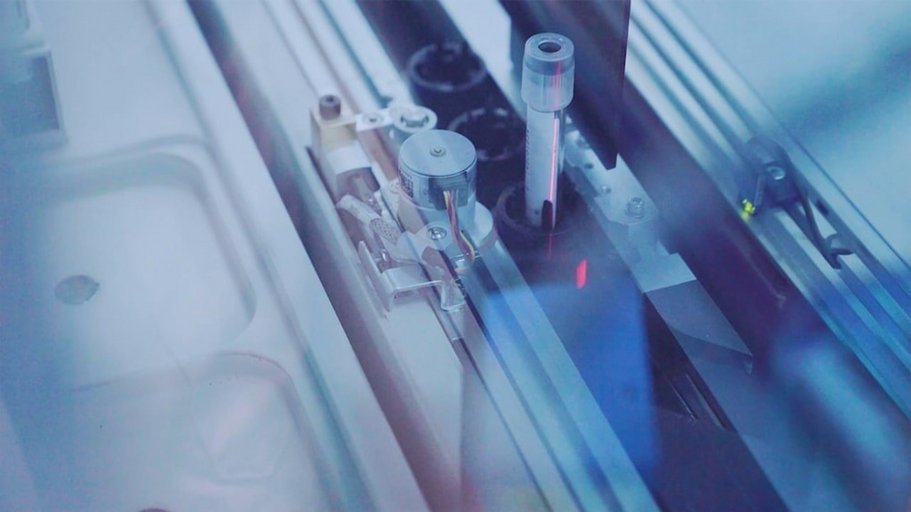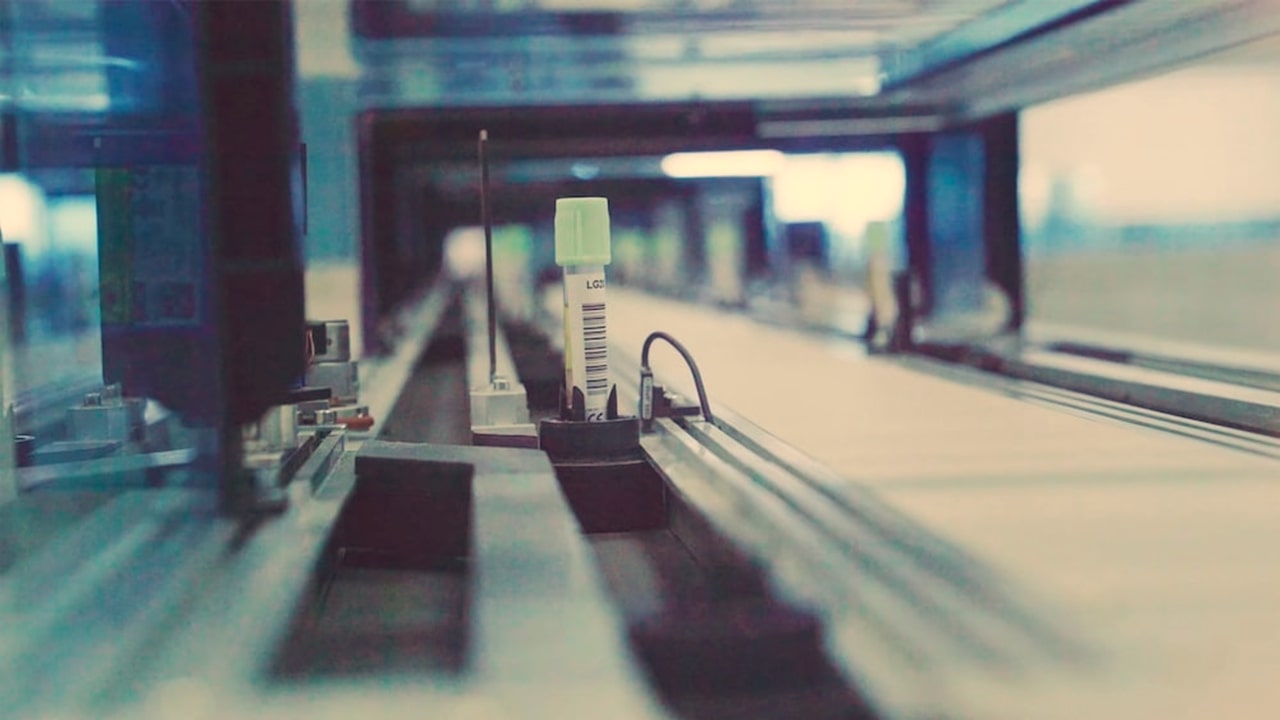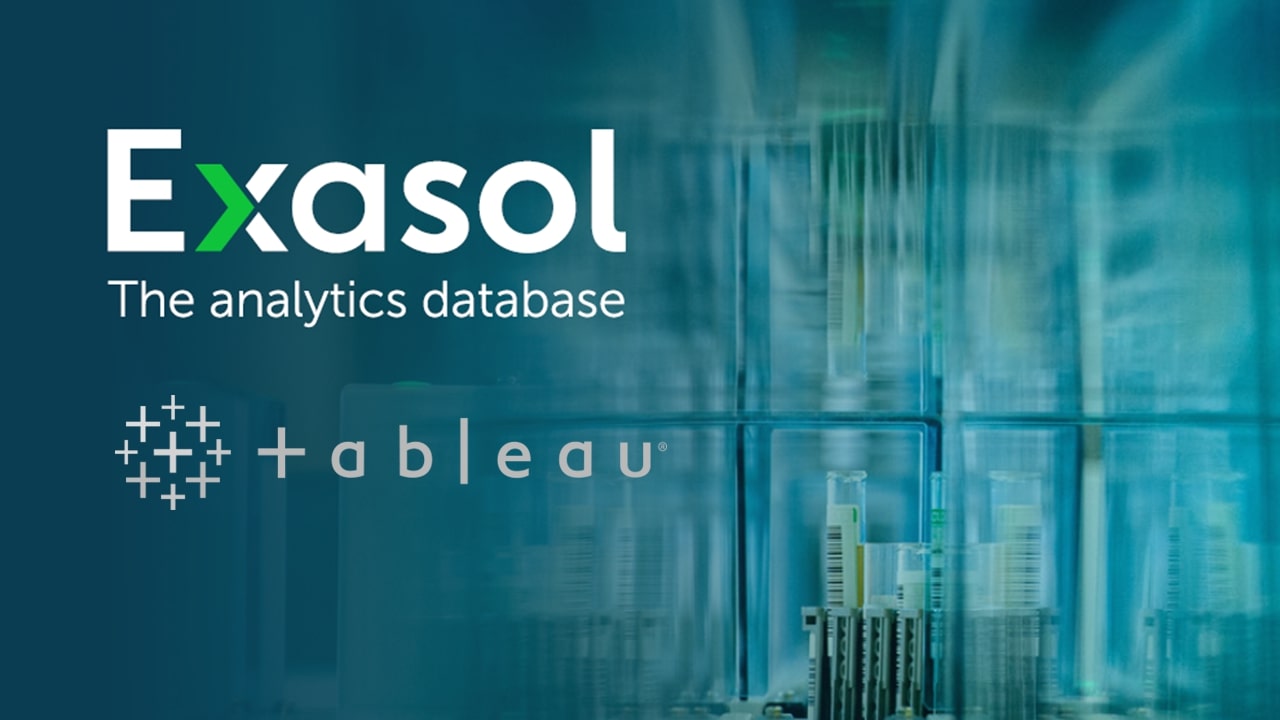

Labor Berlin is Europe's largest hospital laboratory. With the introduction of Exasol in combination with Tableau, the data warehouse technology was optimized and the performance of the statistical reports significantly improved. The required data is now available much faster. Ultimately, this also benefits the healthcare system and millions of patients.

Labor Berlin is the first joint subsidiary of Charité - Universitätsmedizin Berlin and Vivantes - Netzwerk für Gesundheit. Every year, the hospital laboratory performs more than 65 million laboratory analyses for 85% of all Berlin hospital beds in over 30 clinics and for more than 100 physicians in private practice. Digital processes are the pillar of day-to-day business. They have to function reliably around the clock to handle the enormous volumes of data. Today, Exasol enables more differentiated. Today, Exasol enables more differentiated analyses and a significant increase in performance.
Challenge
Labor Berlin wanted to relieve the burden on its productive system and at the same time optimize its data models. The central laboratory information system not only generates information about the samples submitted. Rather, the IT team also uses it to determine various relevant key figures. These include, for example, the number of samples received or the quantity of orders that are still being processed. Due to the Covid 19 pandemic, the already high number of daily samples has multiplied, bringing additional demands for readily available data for control and reporting. This has further increased the demands on IT. The basis for the evaluations required during the pandemic is Corona test data, which the ALM (Verein der Akkreditierten Laborore in der Medizin e.V.) exchanges as part of a reporting chain.
These data are then passed on to higher-level authorities such as the Robert Koch Institute (RKI) as well as the health authorities and are used in statistics and studies. At the end of the reporting chain are the affected patients. Thanks to rapid processing and evaluation of their personal samples, they find out more quickly whether they are ill or not. The rapid and clear provision of data tied up considerable resources and pushed the solutions used to date to their limits. The laboratory information system previously worked on a central server and on an Oracle and a PostgreSQL database. All digital processes related to the receipt and evaluation of samples and the feedback to the senders converged here. These evaluation processes are time-critical, and there are also high data protection requirements.
The existing system was overwhelmed by the volume of processes. In terms of performance, it reached its limits and due to the rapid growth of data, bottlenecks occurred again and again, which is why an alternative solution became necessary. As a partner of Labor Berlin, M2 had already supported the introduction of Tableau as a central business intelligence (BI) reporting tool and now, together with the customer and Exasol, developed a catalog of requirements to significantly optimize the performance of the reporting system.
What was required was a solution that:
- was quickly available
- fit easily into the existing environment
- is low-maintenance in order to conserve IT personnel resources
- offers an attractive price/performance ratio
M2 proposed to set up Exasol on Labor Berlin's data warehouse.

Solution
The project included the migration to Exasol as well as performance tuning and optimization of the data model. A test installation was initially implemented on the basis of the Free Community Edition, which Labor Berlin used to put the function and performance of Exasol through its paces during operation. "In our estimation, Exasol was the best solution for Labor Berlin," says Stefan Ladenthin of M2. "The database is currently proven to be the fastest on the market. It also offers good integration with the existing ETL tools in use at Labor Berlin."
After the successful test, the PostgreSQL database was replaced by Exasol within half a day. To speed up Tableau's operations, M2 installed Exasol with 1 TB as a speed layer on the data warehouse. Due to Exasol's very good Tableau integration, both systems work smoothly together. As a result, both the data transformation processes and BI reporting run considerably faster than before. The optimization of the data model was also implemented, which led to significant improvements in the processes. Exasol is able to deliver data to the BI solution Tableau with a very high performance.
It enables a live connection, which is why Tableau data extracts no longer need to be used. This improves the speed and productivity of the dashboards. As a result of the customizations made, Labor Berlin was able to reduce the loading times of its dashboards by about 90%, achieving a significant performance improvement and thus offering almost "live data" in Tableau. This meant that information could be distributed more quickly to the relevant departments (e.g. hospital hygiene). This allows a clearer statistical classification of the pandemic development.

Benefit
The migration to Exasol has relieved the productive system at Labor Berlin and significantly accelerated processes. Large volumes of data are imported and processed more quickly with the new solution. In this way, the combination of Exasol and Tableau today ensures faster provision of relevant key figures and evaluations. By migrating to Exasol, Labor Berlin benefits from:
- A scalable solution that runs fast and stable.
- Real-time dashboards that are up to 90% faster than the solution used previously
- Up-to-date and transparent reporting
- High acceptance of the solution in the business departments
The use of Exasol also relieves the IT staff at Labor Berlin, as the solution is easy to use and requires little maintenance. Labor Berlin also benefits from the solution's broad range of functions. Flexible applications can be implemented that optimize the daily work routine at Labor Berlin. "By using Exasol, we were able, among other things, to set up a 'real-time dashboard' for SARSCoV- 2 diagnostics," explains Nikolaus Wintrich, Chief Operating Officer at Labor Berlin. "This meant that we always had an immediate overview of, among other things, the quantity of samples, their processing status, and the positivity rates."
Thanks to the rapid evaluation and processing of the data, Labor Berlin can now provide sample senders with important reports or statistics much more quickly. Internal processes can also now be better planned and organized. "In this way, we always have an overview of the situation and can continuously provide those sending in samples as well as the RKI, the health authorities and politicians with reliable, up-to-date data," says Wintrich. "This makes the development of the pandemic more transparent for everyone involved."
Do you have any questions about this article or about M2? Then please feel free to contact us at any time. We look forward to exchanging ideas with you.
Your M2 Team
Phone: +49 (0)30 20 89 87 010
info@m2dot.com